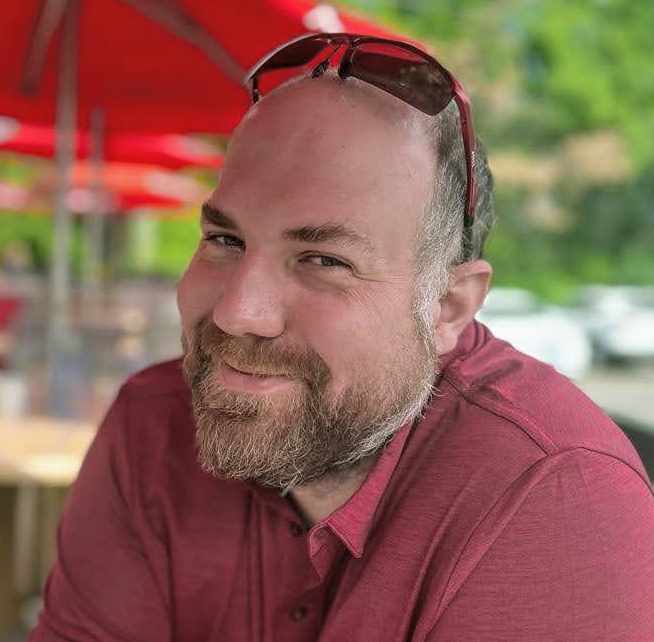I’ve started running more and more into what one could call “Hype” programmers.
It’s these folks (actually, it’s men, it’s always men) who have read all of hacker news, know all the greatest buzzwords and why you should use tech X over tech Y but have never actually shipped real things.
I should use this deployment strategy or this container orchestration software, but when you dig below the surface, they can’t tell you why.
I think the biggest indicator of someone’s degree of knowledge relating to technology is how many buzzwords they throw at you. The higher the number, the less they actually know.


